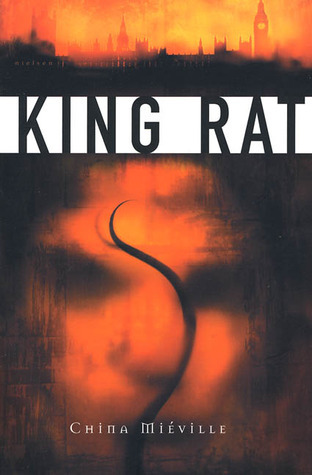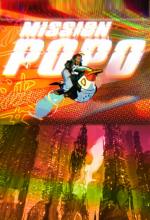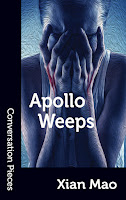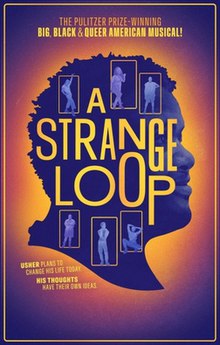2024 Pleasures
by Xian Mao
This was a year of changes: I finally finished medical school; I was officially diagnosed with autism; I started testosterone. And as I look ahead to 2025 where I will be entering into the next decade of my life, I am filled with trepidation and excitement at the prospect of becoming a human being. On more days than not, I feel less like a functioning adult and more like a puppet. Perhaps that is why this performance of “Confrontation” from Jekyll and Hyde by drag king Pippin Panic is so compelling, and why the story itself compels me out of all classic gothic monsters.
Speaking of monsters, I loved the Dungeon Meshi manga and anime and its focus on the culinary preparation of fantasy monsters. Not only were many of the dishes delicious, but its ethos of consumption as a vital part of being alive was really stirring. I also related heavily to the protagonist and his struggles connecting with others, feeling closer to the monsters he is fighting compared to other adventurers. I had a similar reaction to My Favorite Thing is Monsters Book 2, and how marginalized identities lead to identification with the other.
The video that truly brought me to tears is the September Trilogy by Ava Hoffman, a series of Line Rider maps that tell the personal story of falling apart due to transphobia and abuse, and the arduous task of putting herself back together. The last song, which ironically was the video I found first, feels like the epilogue to I Saw the TV Glow, my (predictably) favorite new movie of this year. Because what can we do when we cut ourselves open and find the truth, except go back to living and living and living again?
I always feel some nervousness when writing these retrospectives. My years change by summers, so winter is merely a continuation. In addition, I’m still struggling with the ultimate imposter syndrome of being an adult. I don’t know where this shame comes from, but in order to disassemble this panopticon, I want to spend a paragraph on YouTube object shows. Many of these were initially made by teenagers in the early years of the internet, but it’s incredibly gratifying watching animation and writing skills develop and becomes a playground for existential questions, such as how one can find meaning in a predetermined existence in Inanimate Insanity, or rage against an incompetent god in ONE.
As animation targeted toward adults, especially ex-mall goths like me, becomes more mainstream, I find myself drawn more toward imperfect projects made by small-scale creators. The animatics of JazLyte, especially Night Walkies, resonated with me in part because he includes extensive commentary on the process of creation.
Here are some last, scattered things I loved this year. Perdido Street Station by China Mieville made me jealous of the expansive, complex world he built. I took the first step in reading Isabel Allende with House of Spirits. Chappell Roan was my most played artist, but my favorite new artist was the British rapper Ren. And while I look forward to taking my niece to see Wicked, I’m more excited about Nightbitch, myself.
This is the year I take steps to further be myself. And that means embracing the weird, the childish, the overcomplicated, and the iconoclastic. To bring this full circle, I end with a quote from the first book I finished this year, Le Guin’s Lathe of Heaven. “There is no end; there is only means.” And I mean to become unapologetically myself, especially in a world that threatens to destroy me.













